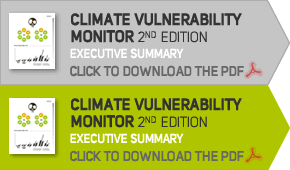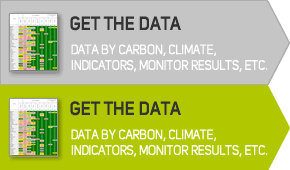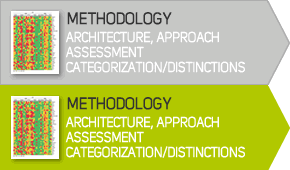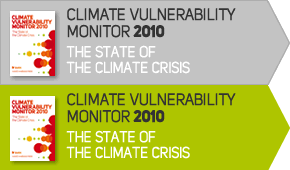 Carbon dioxide (CO2) is a principal greenhouse gas along with numerous other “heat-trapping” pollutants, such as methane, black carbon or nitrous oxide. Like these other pollutants, CO2 is typically generated as a by-product of combustion when carbon-based fuels – e.g. coal, oil, charcoal/wood, natural gas – are burned. So the terms “carbon” and “carbon economy” have come to embody the problem at the root of the climate challenge and are used here as a blanket name for all greenhouse pollutants that are related to human activity and can cause climate change, or detract from resolving it. Not covered under the rubric of “Carbon” is the full breadth of socio-economic impacts related to the industrial economy. Toxic factory refuse, industrial solvent disposal and waste, or agricultural pesticides and other such issues are deliberately not considered here. The Monitor also assumes that any societal or environmental costs of a low-carbon economy, i.e. externalities of renewable or low-emissions energy solutions, are negligible with respect to this framework of analysis, since carbon intensive energy modes generate 10 to 100+ times greater negative externalities for the environment and society than low carbon alternatives (IPCC, 2012b). |










Share this